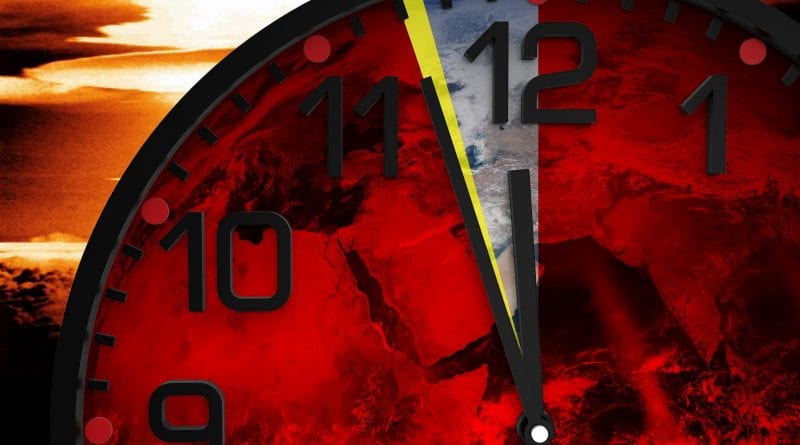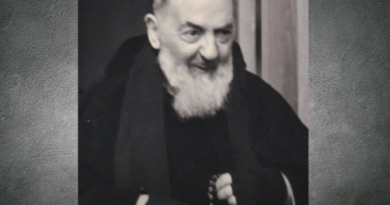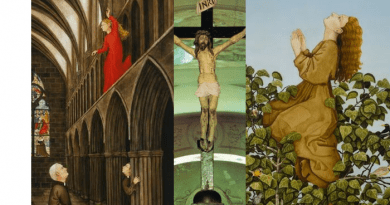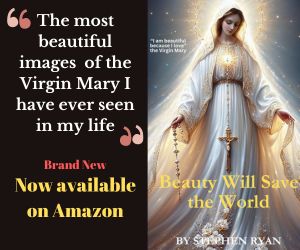So I learned to stop worrying and love the Clock of the Apocalypse
In 1947 the Atomic Scientist Bulletin created the Clock of the Apocalypse, an imaginary clock in which the proximity of the minute hand to midnight represents the imminence of human extinction. In the light of impending catastrophes such as nuclear war and climate change, our Apocalypse Clock is now at 11:57:30 am. We are apparently closer to the end of the world than we have been in half a century.

This strongly contradicts Jesus’ insistence on the fact that “as for that day and at that hour, however, nobody knows, not even the angels of heaven nor the Son, but only the Father” (Matthew 24, 36) . Not even an evangelical text includes the addition “but only the Father … and the Bulletin of Atomic Scientists”. But nuclear arsenals are increasing all over the world, and the current President of the United States is – to put it bluntly. For some, this makes the prophecies of a strangely credible atomic catastrophe. But if we are really close to the end, how should we react? What should a Christian do about the Apocalypse Watch?
Taking the watch seriously – as an accurate measure of the factors that will lead to the end of time – invites one to choose one of two answers. The first is to admit that we are finished and prepare for the worst. It is the strategy of the rich survivalists, who according to Evan Osnos of The New Yorker are organizing emergency retreats in New Zealand in which they explain how to emerge unscathed from the imminent cataclysm. It seems to me like washing the hands of the world, abdicating from any responsibility to work on current problems. I can not imagine that Christ could want us to give up the human race.
The other option is to try to avert the calamities that seem most likely. This is what the Bulletin suggests. Its executive director hopes that the Apocalypse Clock “elevates the level of conversation and promotes a call to action”. It is an appeal to environmental awareness and political commitment, to concrete attempts to avoid our end.
But even this approach is too lacking from a Christian point of view, because two things are certain according to Jesus: the world is destined to end and we can not say when it will happen. Christ also explicitly warns us against considering the political upheavals and meteorological anomalies that are decipherable signs of Armageddon (Mark 13, 5-8). If there is indeed one thing we learn from the Gospel about the apocalypse, it is that whatever we make about its date or its causes will be wrong. As a result, our attempts to avoid the Day of Judgment will probably be misguided and futile. Going blindly to avoid an inevitable result is the perfect recipe for an endless anxiety, if not for despair.
Jesus offers a completely different approach. “Be careful, watch, because you do not know when the time is right”, he tells us (Mark 13, 33). This does not mean either “It will happen anyway, so raise your hands” or “Try to see when it comes and break it in the bud”. What Christ commands is instead a conscious commitment and attention to a world that could vanish at any moment, tomorrow or the next millennium. Our destruction always lurking should lead us not to panic or resignation, but to invest more on the moment we live, on “life in abundance” (John 10, 10).
In times much less secure than ours, the theologian CS Lewis gave a speech in Oxford while Hitler was scourging Europe.“War”, he said, “does not create a new situation. It merely aggravates the permanent human situation so that we can no longer ignore it. Human life has always been lived on the edge of a precipice “. In the same way, the Clock of the Apocalypse only emphasizes what has always been true: that this moment is the only one we can be certain of enjoying.And so our relationships and our current choices, our vices and our virtues are extremely important.
Only God can tell you what you should do on a personal level – call your local representative or plant a tree, write an article in Trump’s defense or make peace with your spouse. But I can tell you this: whatever it is, it counts. And not because it could save the world. The world, you will remember, has already been saved. No, your little kindnesses and your great projects count for the same reason why they always counted: because every second of human joy is a second for which the death of God is worth it. And then, whatever you do, fight for the next second of your neighbor as if it were – and could be – the last one you will have.





